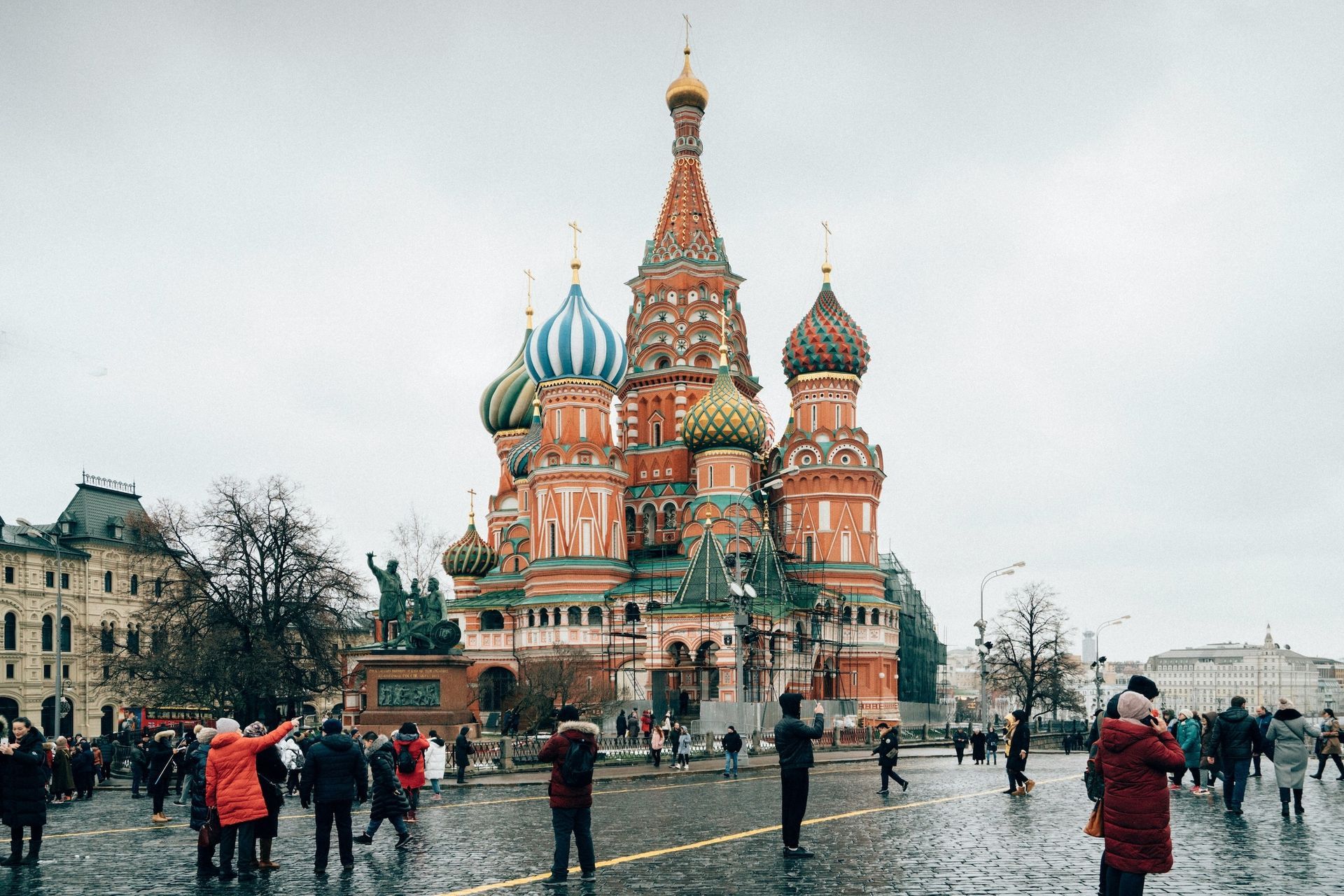
One Couple’s Choice to Stay, Welcome, Invite, and Love
“I’m not too old yet to relate to these young people.”
If you could see the person who made this statement, the last thing you would think is that she or her husband are too old to see what God is doing in their Russian city with a predominantly Muslim population.
The statement comes from the recent newsletter of a vibrant Ukrainian-American couple who have now served for many years in Russia (RU) as church planters.
Dima and Lena (names changed for security) regularly send videos of new believers in their 20s at worship services, Bible studies, or baptisms from their exploding church plant in this region in the foothills of the Urals. They are finding that the young people in their city are hungry to find meaning in life, to understand the true heart of God, and what it means to know and love him. Many are studying the Bible in a growing number of small groups, many of which take place in Dima and Lena’s small, urban apartment.
But these young people don’t have to come to their apartment to encounter love and relational stories about Jesus, or their infectious joy. Dima can often be seen in the city center performing music in one town square sporting an open piano and enjoying conversation with anyone who stops by to listen or to chat.
And Lena is known in the local shopping mall as the hospitable woman who teaches master classes in cooking in that retail venue, introducing mall goers to Ukrainian as well as American dishes. Through her master classes, Lena has the privilege to engage in friendships with many local people.
Loving through community immersion
Dima and Lena have figured out that loving people in Jesus’ name starts with entering their world and being a part of a local community in a loving and generous way. This willingness to be in community spills into hospitality as both Dima and Lena are also quick to invite people into their home and invite them to talk about deeper issues of life, including views of God, a topic that many Muslim people do enjoy talking about.
What is also really interesting about Dima and Lena’s ministry is that these relationships reinforce the existing value of community. They often invite established friend groups to explore who God is together and encounter Jesus through his word in small groups that read and explore together. They have even seen not-yet-believing youth start a Bible discovery group with another friend group so they can share what they’re learning with other groups in their community.
Dima and Lena are not so much trying to control this movement of the Spirit as they are trying to discern where it is moving and seek to cultivate it and participate in it.
Church planting among an unreached people group is less about numbers and events and much more about individual relationships. For Dima and Lena, in this Post-Soviet Russian city, the sum effect has been a movement of the Spirit that is growing local, believing communities at a rapid pace.
That same relational approach is also how Dima and Lena continue to nurture the community that God is building in their city. They bring the same zest for life in Jesus to their discipleship of new believers. With many years of learning and serving under their belt, Dima and Lena are living examples that abundant life in Christ enables us to stay relevant and vibrant in relationship building for his glory.

They really want people to come and serve both short-term and long-term. It is still possible to receive a visa to go to Russia, but it’s also true that there is some elevated risk to come to a country where freedoms for citizens and visitors are greatly curtailed. Serving in Russia will stretch new cross-cultural workers to trust God in profound, new ways. It will require resilience and courage, and a deep confidence in God’s provision of both when you need it most.
Additional Posts




